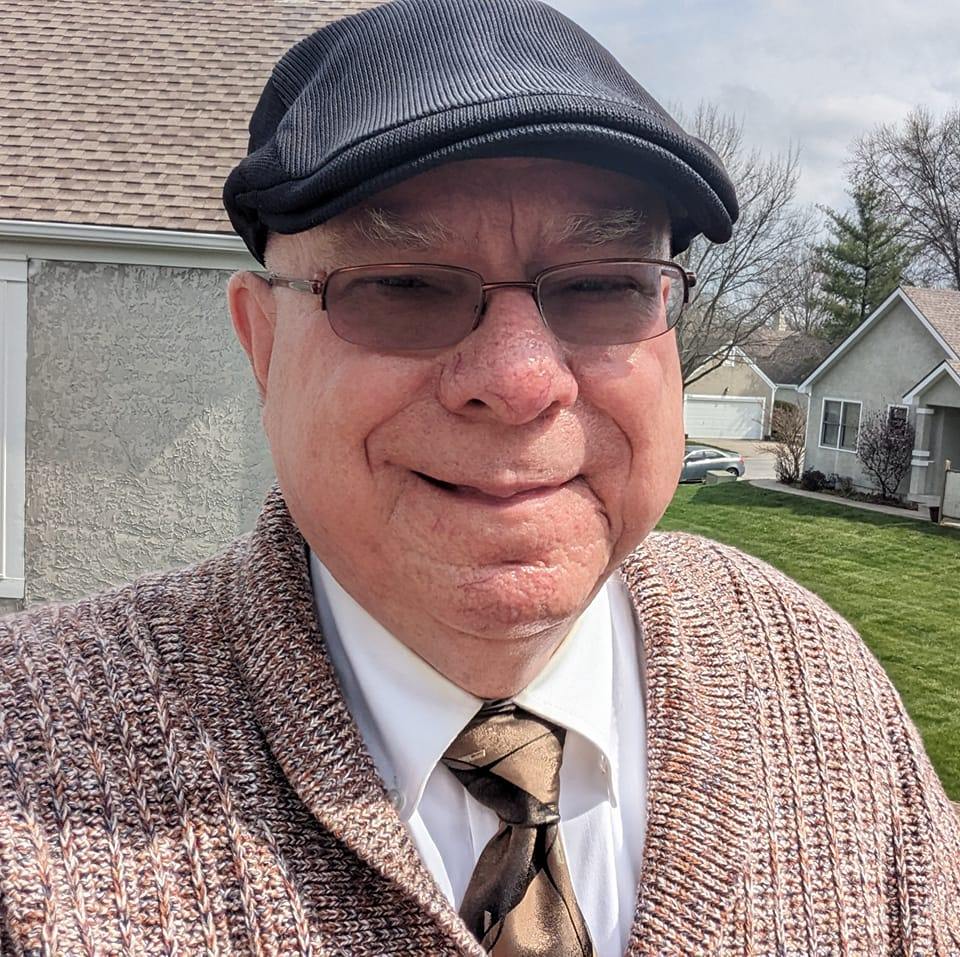 Doesn’t saying “relapse is normal part of the recovery process” give clients the ability to abdicate responsibility for behaviors that lead to using –practically giving them permission to relapse?
Doesn’t saying “relapse is normal part of the recovery process” give clients the ability to abdicate responsibility for behaviors that lead to using –practically giving them permission to relapse?
People who work in the addiction recovery field pour their lives into troubled people day after day. Nothing is more discouraging than to see these efforts met with little or no long-term results. When an individual who is a graduate of a long-term residential program falls back into drugs and alcohol, those who have been helping him or her often take it quite personally. For these people, it is important to remember that a temporary or occasional “slip” does not mean that all their time and efforts were wasted.
I would almost say that the real test of how successful we are with graduates is not whether or not they use alcohol or drugs again. What happens when they do relapse really shows whether they have, indeed, started on the path to recovery. The main issue is to make sure that they don’t stay stuck in a downward cycle of destruction, but, instead, get back on the road to recovery.
So, how can we help newly recovering people to use failure as a “springboard” to successful recovery? Here are a few points to keep in mind:
A. Don’t Condone or Project — Prepare! —Without condoning relapse, or even expecting them to fail, every program graduate needs to know that it is not uncommon for newly recovering addicts to relapse. We need to let them know that we will not be shocked or disappointed by a failure to remain sober. The doors of the mission are always open to them — whether that means returning to the program, seeing a counselor on an outpatient basis, or being referred to another program for help. The last thing we want is for them to end up full of shame, think they have let us down and not reach out to us in their time of need.
B. Help Them “Own” Their Own Choices —Failure to stay sober is always a consequence of the individual’s own actions and choices. He or she must be held accountable. Returning to alcohol and drugs after a period of sobriety is evidence that there are still significant issues in the realm of denial that need to be addressed. He or she probably needs a lot of help to “connect the dots” in order to make sense of how these decisions and behaviors came together to cause the relapse. That is the purpose of creating a detailed “relapse map.”
C. Keep Quitting — For most addicts, staying clean and sober is not a “once and for all” proposition. Few people with long-term sobriety “got it” right the first time they made an initial resolve to forsake alcohol and drugs. I like to use Jerry McAuley, who founded America’s first rescue mission in 1872, as an example of this principle. We know that Jerry backslid over seventy times before he finally found lasting sobriety. The key to his eventual success — and his tremendous legacy as a servant of God – he “kept quitting.” The Lord always honors an attitude of humility coupled with godly perseverance.
D. Never Waste a Good Crisis! —This was some of the best advice I have ever received from a fellow counselor. When are people most likely to change? It’s in the midst of a crisis when they are bewildered, and full of self-doubt and pain. It’s basic human nature to keep doing what seems to be working as long as it seems to be working. So, give the person lots of time to sort through all the feelings associated with the failure. Then, help him or her to use that pain as a motivation to renew a commitment to sobriety. If viewed correctly, the crisis of relapse will create a healthy sense of self-doubt that leads the addict to admit in his “heart of hearts” that he is powerless over his “drug of choice.” This acknowledgement is the where the road to successful recovery begins.

 A. Understanding the Problems of Children from Addicted Families
A. Understanding the Problems of Children from Addicted Families For most people, the holiday season – which includes Christmas and the New Year celebration – is a special time of joy and celebration. We have a chance to give our thanks to God for all His goodness and a chance to rejoice in the birth of the Savior. It is also a time to welcome in a new year with all the hope and promise it brings.
For most people, the holiday season – which includes Christmas and the New Year celebration – is a special time of joy and celebration. We have a chance to give our thanks to God for all His goodness and a chance to rejoice in the birth of the Savior. It is also a time to welcome in a new year with all the hope and promise it brings.

